New Edition of Insights for Your Industry on Supply Chain Risk Now Available
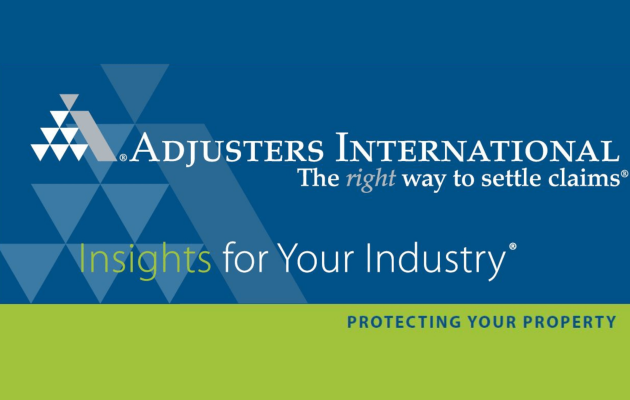
Welcome to a brand new edition of Insights for Your Industry – “Supply Chain Risk: Managing Your Piece of a Global Problem.” Here we discuss supply chain insurance as well as coverage for contingent locations. You can read and download this issue HERE.
The Adjusting Today edition on “Contingent Dependent Properties Insurance: Understanding the Basics” referenced in this new Insights for Your Industry article can be accessed HERE.
Related Posts

According to the National Fire Protection Association (NFPA), last year more than 330,000 fires occurred in home properties, including one- or…

On the afternoon of Sunday, September 18, 2022, Hurricane Fiona made landfall in Puerto Rico and left its 3.2 million residents without power. The…

This year marks the 30th Anniversary (1992-2022) of Adjusters International’s Assistance to Gov’t of Kuwait Following Persian Gulf War
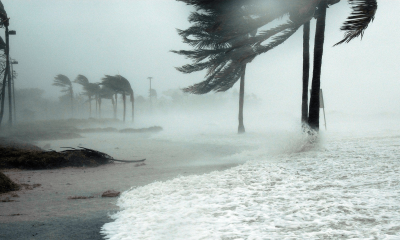
Disaster recovery teams from Adjusters International worked tirelessly to assist those affected by what still stands as one of the five most powerful…

Rising Phoenix Holdings Corporation (RPHC), parent company to Adjusters International Ltd., announced that it has reached an agreement with Utica, NY…
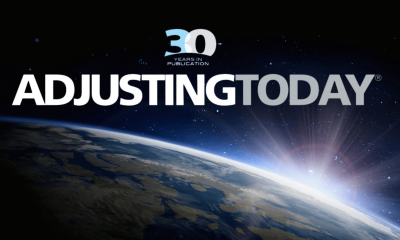
A brand new issue of Adjusting Today® is available now. This new issue focuses on “Avoiding a Double Disaster.”

April 17 – 23 is National Volunteer Week, and we will be profiling several Tidal Basin and Adjusters International team members who are doing…

Please join us in welcoming Antonian Liddell, CCISO, CISSP, CISM, CRISC, to RPHC. He will be serving as our Assistant Vice President of Information…

Please join us in welcoming Joel Richardson to our corporate marketing team as a Director of Digital Marketing, supporting the Rising Phoenix…
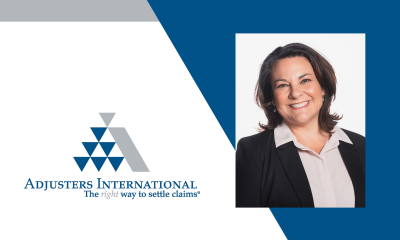
Please join us in welcoming Shareen Jordan to our corporate marketing team!
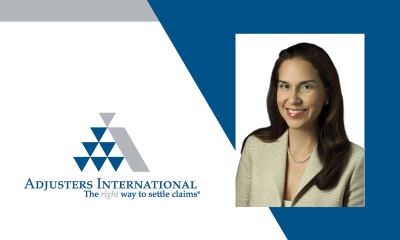
Please join us in welcoming Cynthia Gutierrez-White to the corporate marketing team.
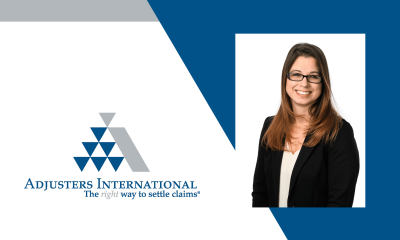
Please join us in congratulating Maria Suppa, CPA, CFF, MBA, on her promotion to Deputy Chief Financial Officer (CFO) of Adjusters International, Ltd.
